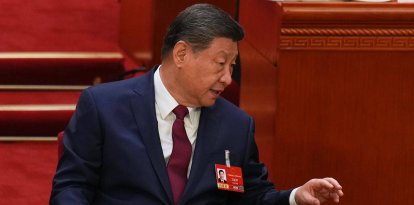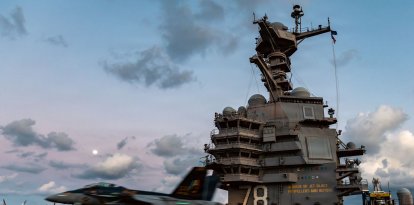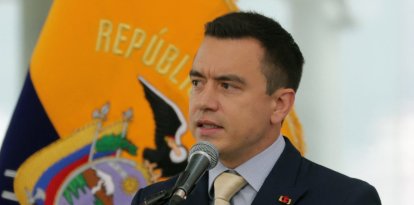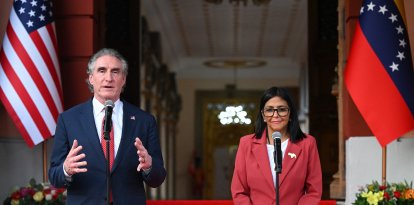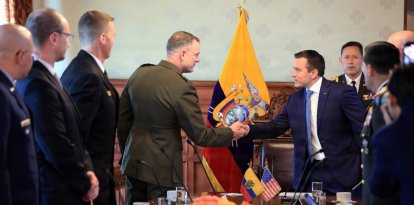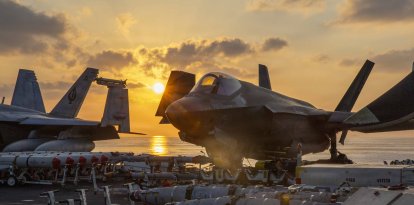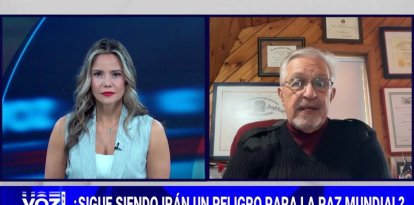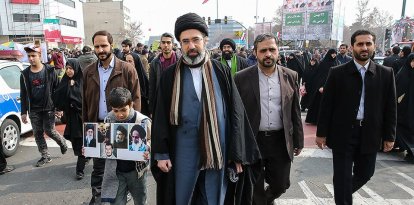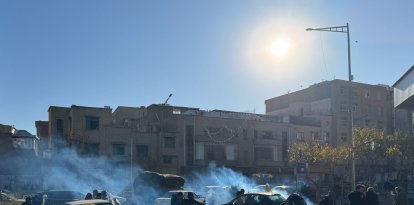The Kurdish PKK weakens after four decades of armed struggle against Turkey
In late February, the group’s leader issued a call from prison urging members to end hostilities and begin disbandment talks.
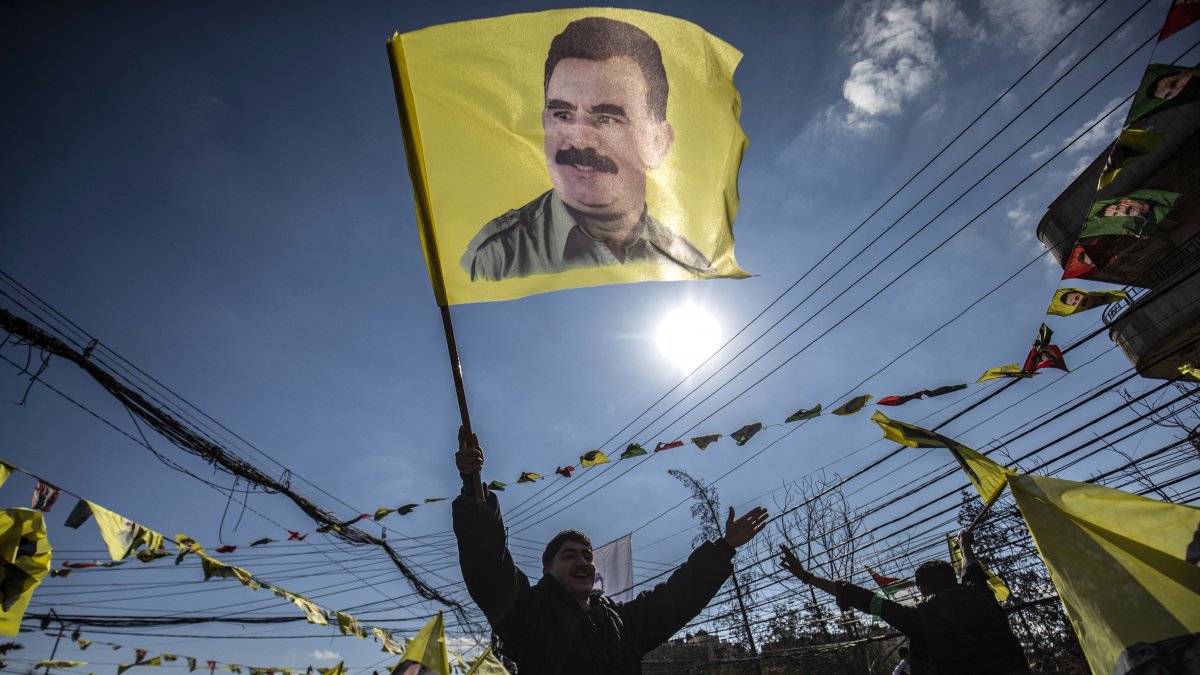
Abdullah Ocalan, leader of the PKK.
On Monday, the Kurdistan Workers' Party (PKK) announced its dissolution, marking the end of more than four decades of armed struggle against the Turkish state, according to the pro-Kurdish Firat News Agency.
In a statement, the group announced, "The 12th Extraordinary Congress of the PKK decided to dissolve the PKK's organizational structure and put an end to the method of armed struggle."
During the PKK Congress, it was decided that the Kurdish issue should be resolved through democratic politics.
"In this sense, the PKK had fulfilled its historical mission. On this basis, the 12th PKK Congress decided to dissolve the organizational structure of the PKK and put an end to the method of armed struggle, whose implementation process would be managed and carried out by leader Abdullah Ocalan," the PKK stated.
On Feb. 27, the group’s leader, Abdullah Ocalan, issued a call from prison urging the PKK to cease hostilities and begin talks on its dissolution.
Ocalan’s call—made from the island of Imrali, where he has been imprisoned for 26 years—came after mediation efforts launched last fall by President Erdogan’s main ally, nationalist leader Devlet Bahceli, through the pro-Kurdish DEM party.
A few days later, on March 1, the PKK announced an immediate ceasefire with Turkish forces.
Erdoğan then hailed the move as a “historic opportunity” for both the Turkish population and the Kurdish minority, which makes up roughly 20% of the country’s population.
Founded in 1978, the PKK — considered a terrorist organization by Turkey and its Western allies — waged a decades-long armed insurgency seeking to establish an independent Kurdish state.













